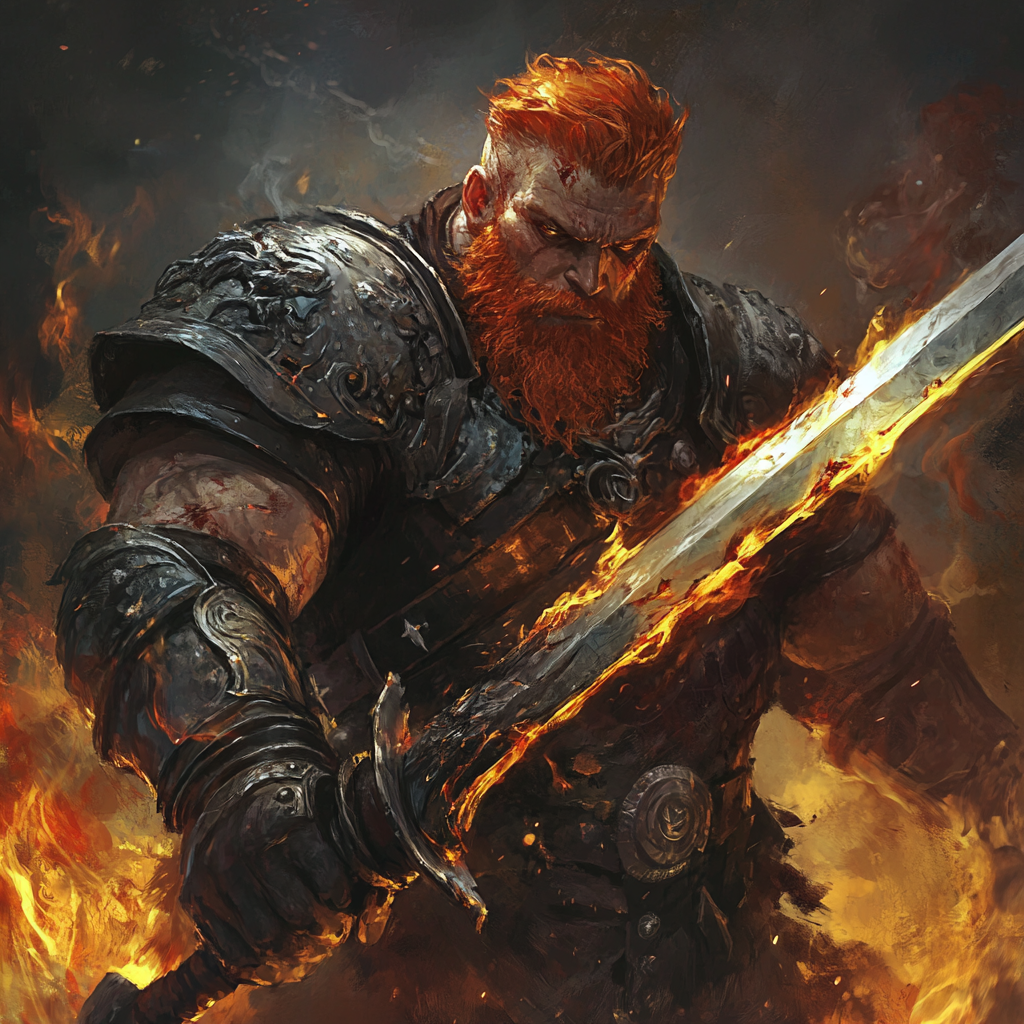
Why Play Dungeons and Dragons?
Hey there!
Thanks for checking out my Dungeons and Dragons (D&D) blog. I am planning to write here about my experiences playing D&D. I’ll include the good, the bad and the ugly.
In this first blog titled: Why Play D&D? I want to touch on a few things. I’m sure there will be more as time rolls on. The launching point I want to use for today is the following question:
Why would I play D&D when I can play fantasy online multiplayer video games?
Two things arise for me when thinking about this question. The first is that role-playing situations can be much deeper in D&D that in video games. They’re not contingent upon premade prompts. The role-playing I have experienced in D&D has allowed me, as my character, too speak openly about anything that my character feels they want to. I am not bound by computer code. I would venture that some of the more massive online roleplaying video games allow character-to-character uninhibited role play, but, when it comes to interacting with non-player characters (NPCs) I think a dungeon master (DM) can make things unique for every player in their games. For example, let’s say a brutish half-orc slams his fist down upon the table causing a very expensive glass of red elven wine to splash all over a sorcerer’s white robe. In a video game the player might have the following choices:
- Cast a charm spell
- Cast a lightning bolt
- Ask for an apology
- Threaten imminent violence
- Run away
While those five choices are robust, what if a player wanted to challenge the orc to a drinking game, open an interdimensional portal beneath the half-orc’s feet, say something like ‘that was a very fine wine and by the looks of you, you don’t have the gold to buy me another glass’ or cast a spell that blinds the half-orc so the other person at the table, a rogue type, can steal the pouch hanging from the half-orc’s belt. Improvisation skills are key here for a DM. They make for an infinite amount of possibilities. One does not become railroaded in D&D when the DM can allow for creativity. Creativity is a key feature of D&D. Video games bind us in a sense because of their restrictive nature. I think in the future we may see artificial intelligence making complex role playing with NPCs a common place thing.
The openness of the D&D world is much more powerful than even the most robust and widespread online role-playing digital games because in D&D the character can explore infinitely outward in terms of settings whereas in a video game there’s often a sandbox the player can’t leave from. There’s a plane of existence in the D&D multiverse called the Abyss. Many cartographers claim the Abyss has infinite layers. This means that a group of adventurers could explore infinitely. This said, it’s always wise to consider the words of Meltic the Curious.
I once thought it was a good idea to make a living mapping the Abyss. I figured could sell my maps and make tons of jink. Especially the real juicy ones that showed where the unguarded stashes of various demon lords lay. I didn’t make it too far. Now I’m eternally enslaved by the Demon Lord Graz’zt for poking my head where it don’t belong.
-Meltic the Curious